North Carolina Republicans told the Supreme Court on Dec. 7 that the U.S. Constitution gives state legislatures preeminent authority to make the rules for presidential and congressional elections without interference from the courts.
The case is important because, if the high court finds for North Carolina, the rules governing how states regulate federal elections could change dramatically. The hearing comes at a time when tensions between Republicans and Democrats over voting procedures are growing in light of former President Donald Trump’s continuing claims that the 2020 presidential election was marred by massive electoral fraud.
At issue is the once-obscure independent state legislature doctrine, under which Republicans argue that the Constitution has always directly authorized state legislatures alone to make rules for the conduct of federal elections in their respective states.
Democrats say this doctrine is a fringe conservative legal theory that could endanger voting rights, enable extreme partisan gerrymandering in the redistricting process, and cause upheaval in election administration.
Liberal law professor Richard Hasen has called the doctrine the “800-pound gorilla” of election law because of its potentially disruptive effect on election administration norms.
Conservatives, on the other hand, say the doctrine is derived from the plain text of the Constitution and would restore reasonable rules on the electoral playing field and allow elected state officials, instead of judges, to make election rules.
The Supreme Court hasn’t ruled on the doctrine directly, but some justices have said that it could have been argued in the Bush v. Gore case, which resolved the disputed 2000 presidential election.
The doctrine, if endorsed by the high court, could in theory allow state legislatures to select presidential electors in disputed elections, something critics decry as a threat to democracy.
When he launched the appeal in March, Tim Moore, a Republican who’s the speaker of the North Carolina House of Representatives, said the Constitution is “crystal clear: State legislatures are responsible for drawing congressional maps, not state court judges and certainly not with the aid of partisan political operatives.”
Moore is appealing the Supreme Court of North Carolina’s order redrawing the state’s electoral map against the wishes of the state’s Republican-majority legislature.
Two key clauses in the U.S. Constitution lay out the rules governing federal elections in the states.
The elections clause in Article 1 states, “The Times, Places and Manner of holding Elections for Senators and Representatives, shall be prescribed in each State by the Legislature thereof.”
The presidential electors clause in Article 2 gives each state the power to appoint presidential electors “in such Manner as the Legislature thereof may direct.”
The case is Moore v. Harper, court file 21-1271.
During nearly three hours of oral arguments on Dec. 7, liberal justices pushed back against the doctrine, while conservative Justices Clarence Thomas, Samuel Alito, and Neil Gorsuch seemed receptive to it to varying degrees.
Moore’s attorney, David H. Thompson, told the justices that the two constitutional provisions have been misinterpreted for years.
“The elections clause requires state legislatures specifically to perform the federal function of prescribing regulations for federal elections,” Thompson said.
“States lack the authority to restrict the legislatures’ substantive discretion when performing this federal function … and it is federal law alone that places substantive restrictions on states legislatures’ performing the task assigned them by the federal Constitution.
“For the first 140 years of the republic, there was not a single state court that invalidated on substantive grounds any congressional redistricting plan.”
Precedent holds that “the Founders tasked state legislatures with federal functions that transcend any substantive limitation sought to be imposed by the people of the state.”
Thomas wondered aloud if the court had the authority to consider this case.
Thomas asked Thompson what “the basis of our jurisdiction” was, given that “we don’t normally review state supreme courts’ interpretation of state constitutions.”
Thompson said the Supreme Court of North Carolina’s decision reflects the state’s law but is still “a violation of the elections clause and that’s why we’re here.”
Justice Sonia Sotomayor told Thompson that his argument wasn’t resonating with her.
“If judicial review is in the nature of ensuring that someone’s acting within their constitutional limits, I don’t see anything in the words of the Constitution that takes that power away from the state.”
Justice Ketanji Brown Jackson asked Thompson if it was his argument “that the state constitution has no role to play—period—in terms of imposing substantive limits on the exercise of that federal function.”
Thompson confirmed that was his position, saying that a state constitution may require that an election measure be presented to a governor for approval or veto.
Justice Elena Kagan seemed alarmed at the ramifications of Thompson’s argument.
The doctrine under discussion, she said, “gets rid of the normal checks and balances on the way big governmental decisions are made in this country, and then you might think that it gets rid of all those checks and balances at exactly the time when they are needed most.”
“Think about consequences because this is a theory with big consequences,” she said.
The doctrine would empower state legislatures to carry out the “most extreme form of gerrymandering,” while imposing “all manner of restrictions on voting” and curtailing “all kinds of voter protections,” she said.
Thompson told Kagan that his position was that “checks and balances do apply, but they come from the federal Constitution and the panoply of federal laws like the Voting Rights Act and other statutes that are highly protective of voters.”
Neal Katyal, counsel for the leftist group Common Cause, said Thompson’s argument that “state legislatures created by state constitutions are independent of them is wrong” and has been rejected by early state constitutions and the courts.
“For 233 years, states have not read the elections clause the way you just heard,” he said, a reference to 1789, the year the Constitution took effect.
Katyal likened the doctrine to a bomb, saying its “blast radius” would lead to “election chaos forcing a two-track system with one set of rules for federal elections and another for state ones.”
U.S. Solicitor General Elizabeth Prelogar urged the court to reject North Carolina’s appeal, also saying it could “sow chaos.”
The state’s theory “rejects all of this history and would wreak havoc in the administration of elections across the nation … [and] would invalidate constitutional provisions in every single state, many tracing back to the founding,” she said.

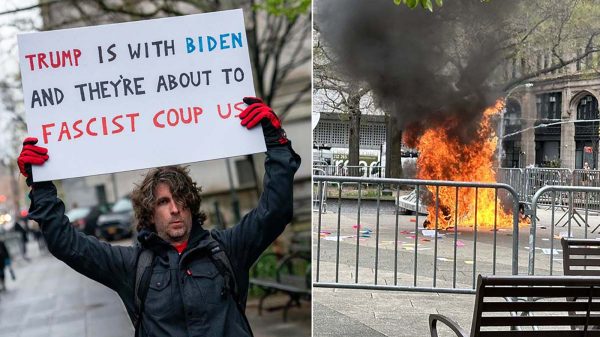
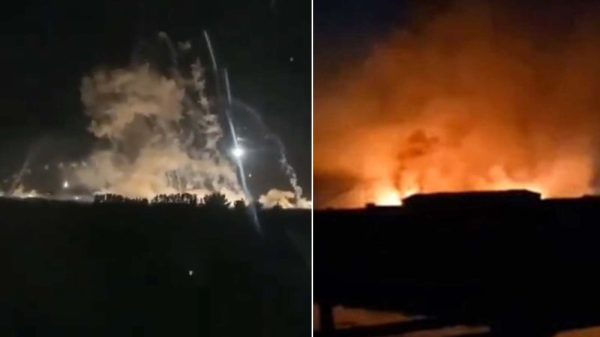
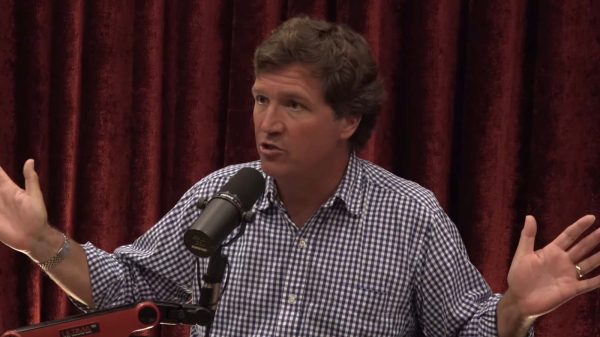
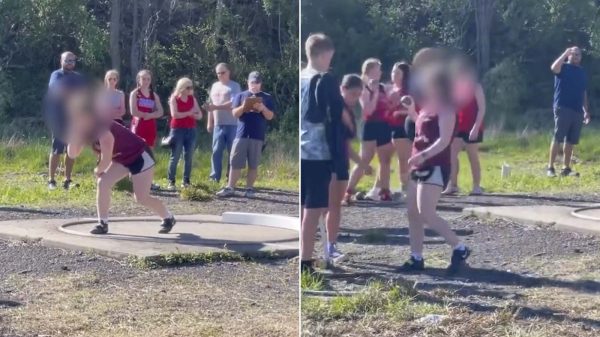
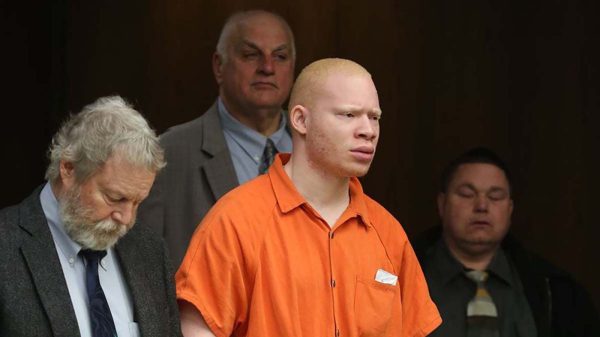
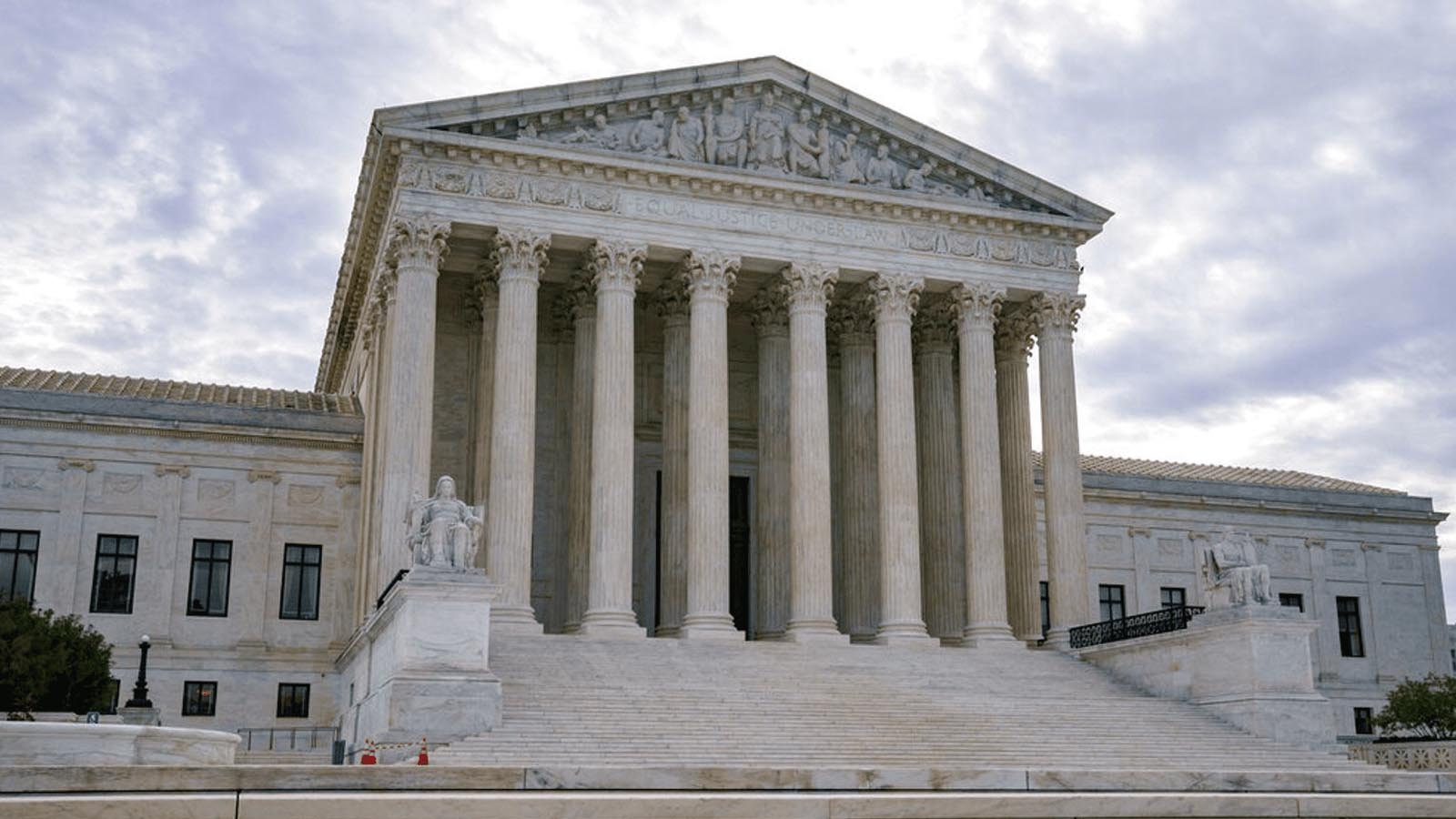





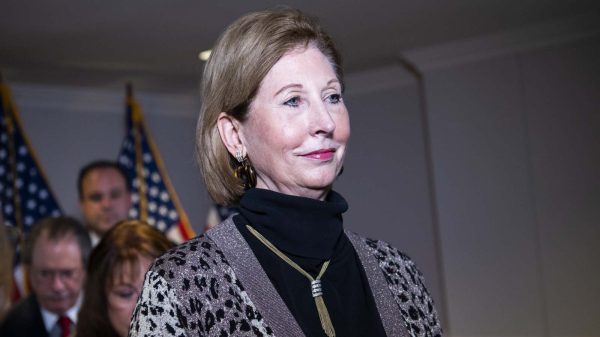
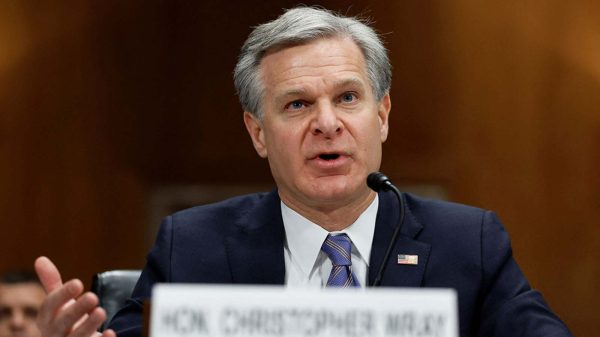
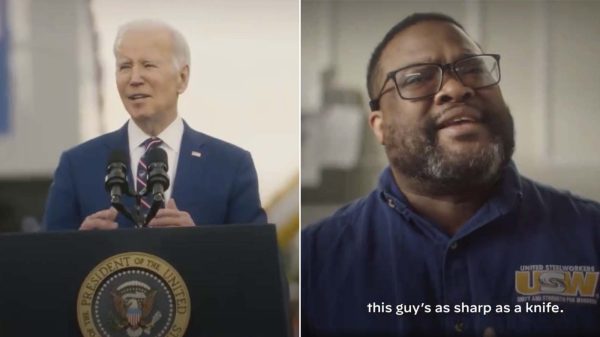

Not to trivialize this, but American jurisprudence is a failed institution on so many levels. If you have a “JD” after your name, you are suspect in my opinion. I don’t have the exact number, but a sizable number of legislators at both the federal and state levels have law degrees. One has to ask the question; why is this? Lawyers have a propensity to be “all knowing” and definitely “controlling.” These clowns are hellbent on manipulating/distorting the literal language of our Constitution with legal mumbo-jumbo and jargon they make up for their own personal causes. Who suffers??? We the people!!!
I love when they write anything about Trump’s complaint about the 2020 election as though thats impossible. If you watched it with your own eyes and brain in November 20 you saw 6 swing states STOP COUNTING SIMULTANEOUSLY. Didn’t that rais a red flag for anyone?? We never stop counting during a presidential election especially when the swing states were at 60, 70 and 94% of the votes in and Trump was leading by too much for anyone to catch him. End of story. I didn’t need a recount, or an audit or comments by the president or anyone, I watched the fraud in real time. How stupid are these people that claim the election was legal and now going forward you can expect much of the same,. You have to admit it happened before you can correct it.
The left acts like they never engage in gerrymandering in states controlled by the left. They also act like courts never engage in gerrymandering. It doesn’t matter who is in charge of redistricting, someone is going to accuse them of gerrymandering. Are they? Probably. But I would rather the elected officials of a state be in charge of redistricting than some unelected judge.
There are already laws pertaining to Federal elections. I don’t know if all the states use the same laws.
I do know that in my personal state the picture ID and proof of citizenship is required. It would seem to me that 6his is a basic requirement.
The only change that it appears to be needed, especially after the New York evidence, that if a person cheats in an election that 5hey serve a severe term in prison, a substatial fine, and be prohibited from having anything to do with any political election for as long as he lives!
The cheating must stop and I really don’t care if the person is the leader of the House or Senate, President of anything! That includes the Attorney of the United States or head of the FBI!